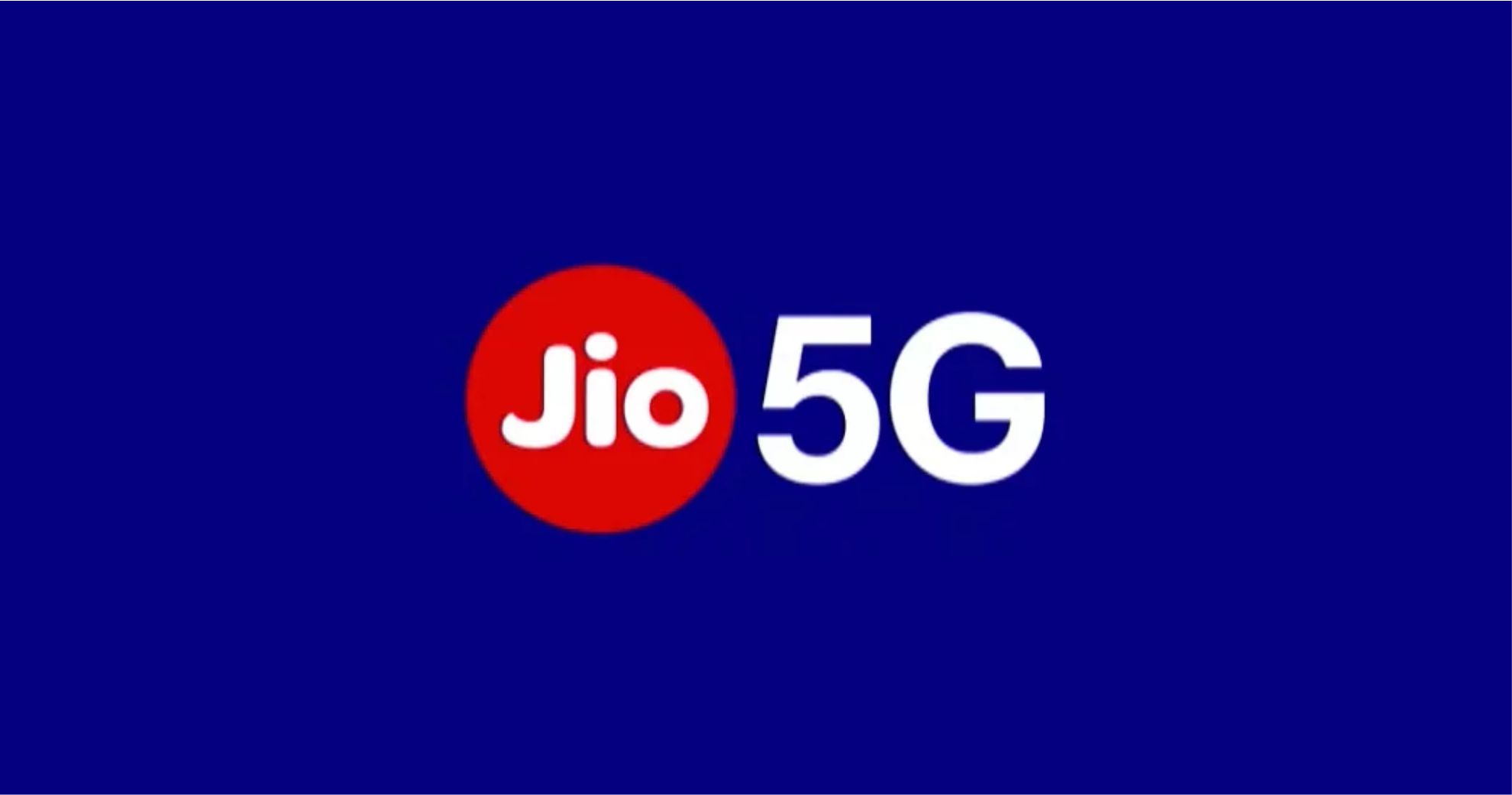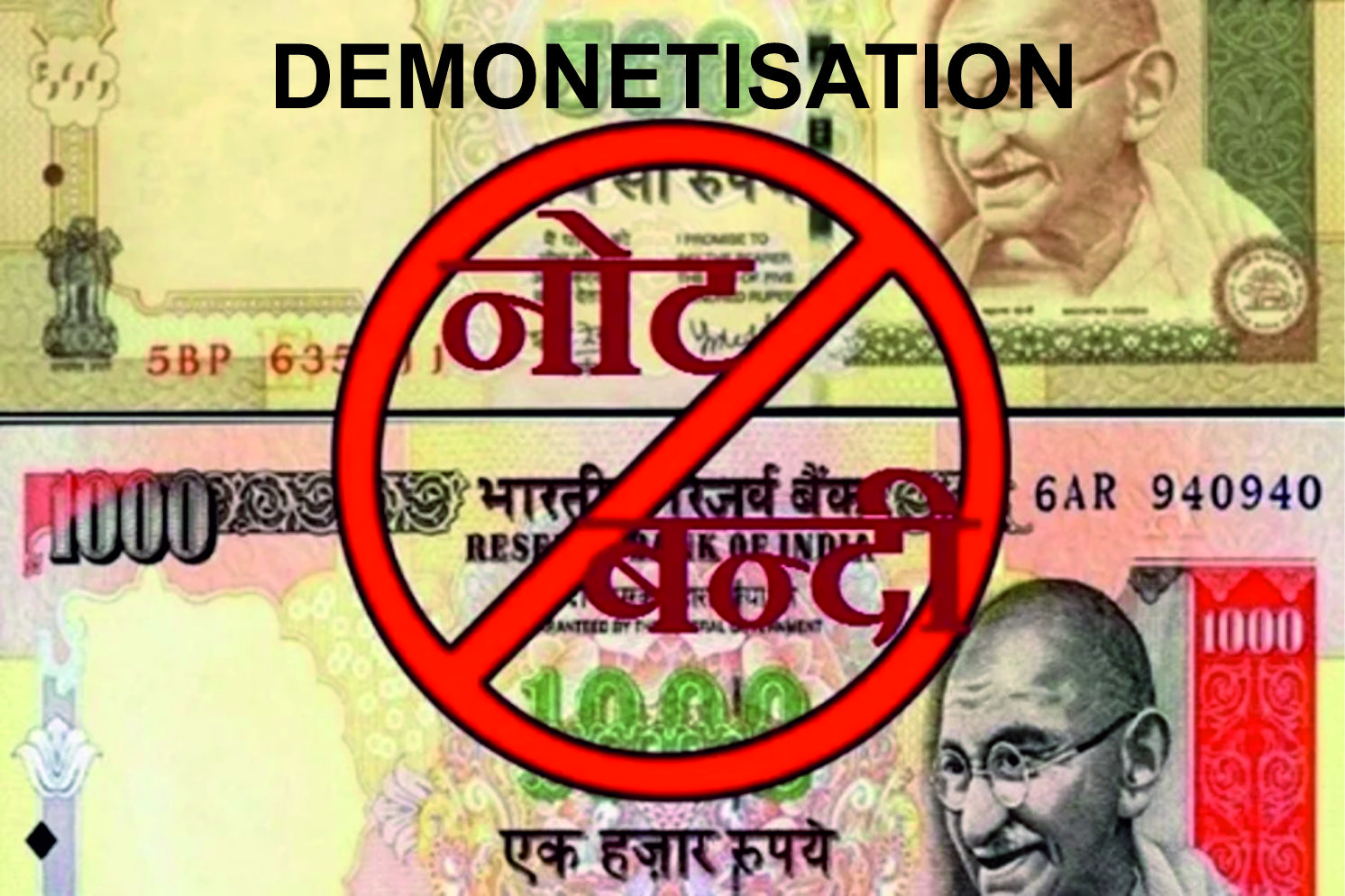Why Credit Applications Can Be Denied Even with a High Credit Score

Your credit score acts as a reflection of your financial behavior and creditworthiness. A score of 750 or above is generally regarded as excellent by banks and Non-Banking Financial Companies (NBFCs) when evaluating credit card or personal loan applications. However, having a good credit score is just one of several criteria considered during the approval process. There are situations where your application might still be denied despite meeting this benchmark. Let’s examine the reasons behind such rejections and what you can do to improve your chances of approval.
Common Reasons for Credit Application Rejection
1. Location Restrictions
Certain banks and NBFCs operate exclusively in specific areas and only approve applications from residents of those regions. For instance, the HSBC Live+ Credit Card requires applicants to reside in one of the following cities: Chennai, Gurgaon, Delhi NCR, Pune, Noida, Hyderabad, Mumbai, Bangalore, Kochi, Coimbatore, Jaipur, Chandigarh, Ahmedabad, or Kolkata. If you live outside these locations, your application may be denied, irrespective of your credit score.
2. Not Meeting Income or Age Criteria
Banks and NBFCs set specific income and age requirements for credit card or loan eligibility. These criteria differ between salaried and self-employed individuals and may vary even among products offered by the same bank. For example:
- HDFC Bank Freedom Credit Card: Requires a minimum monthly income of ₹12,000 for salaried individuals.
- Self-Employed Applicants: Must demonstrate an annual income of at least ₹6 lakhs through Income Tax Returns (ITR).
Failing to meet these benchmarks can result in application rejection.
3. Career Instability
Frequent job changes can raise red flags for lenders, as they may perceive you as financially unstable. Banks prefer borrowers with steady careers, as consistent employment suggests a reliable income to repay loans and meet other financial obligations.
4. High Debt-to-Income (DTI) Ratio
The DTI ratio measures the portion of your income that goes toward servicing debts, such as loan EMIs or credit card payments. A DTI ratio of 35% or lower is generally preferred by lenders. While some institutions may approve applications with a DTI ratio of 36-50%, this often involves stricter conditions. A DTI ratio exceeding 50% greatly reduces your chances of approval.
5. Incomplete or Incorrect KYC Documentation
When applying for a credit product, you are required to submit Know Your Customer (KYC) documents, including a photograph, identity proof, and address proof. Missing or incorrect information in these documents can lead to an outright rejection of your application.
6. Multiple Applications in a Short Time
Submitting numerous credit applications within a brief period can be perceived as a sign of financial distress. Each application triggers a hard inquiry on your credit report, which can lower your credit score. Frequent applications may make lenders view you as overly dependent on credit, reducing the likelihood of approval.
Tips to Avoid Credit Application Rejections
- Check Location Requirements: Ensure your residence falls within the lender’s approved geographic areas.
- Verify Income and Age Criteria: Confirm that you meet the financial and age requirements for the specific product.
- Maintain Career Stability: Avoid frequent job changes and demonstrate a stable employment history.
- Lower Your DTI Ratio: Keep your debt obligations manageable and below 35% of your income.
- Provide Accurate KYC Documents: Double-check that all required documents are complete and error-free.
- Space Out Credit Applications: Avoid applying for multiple credit products within a short timeframe to prevent unnecessary hard inquiries.
By addressing these factors, you can improve your chances of credit application approval, even when you already have a strong credit score.


 The BharatBiz
The BharatBiz

 286
286

 16
16

